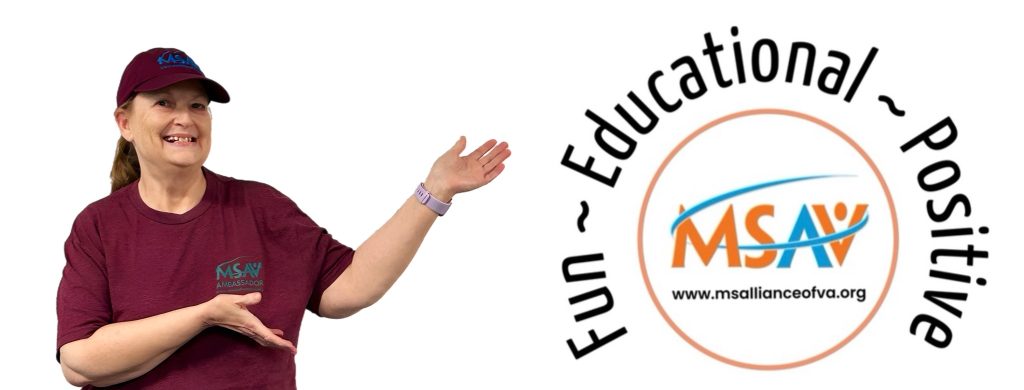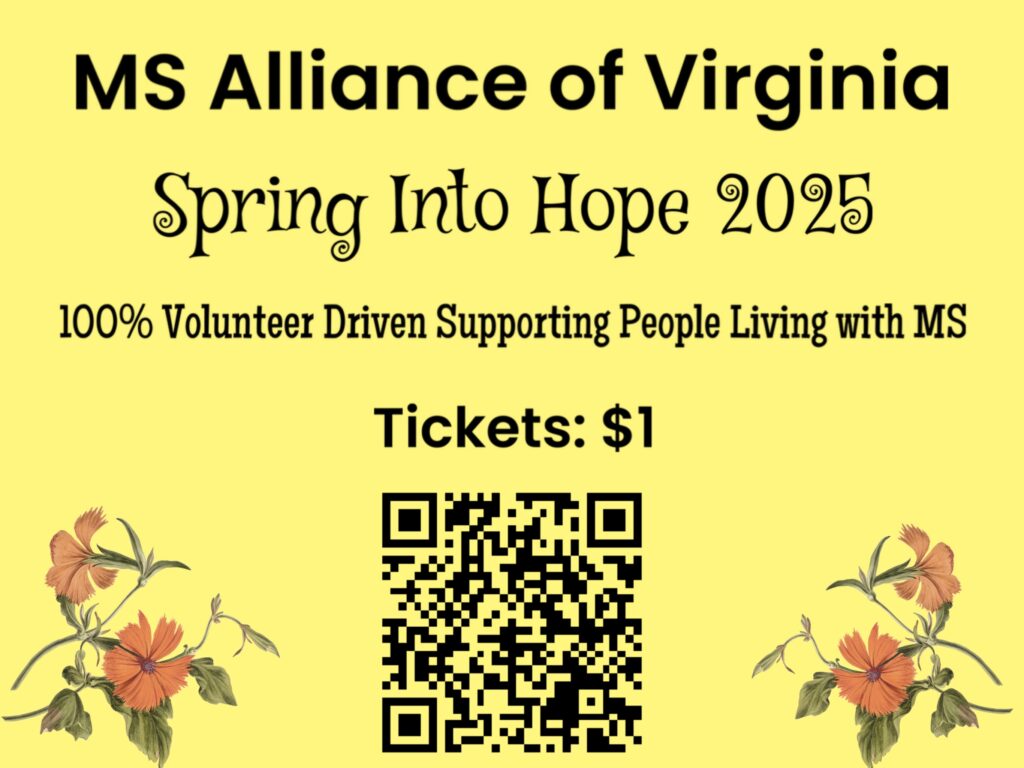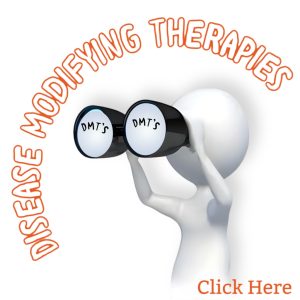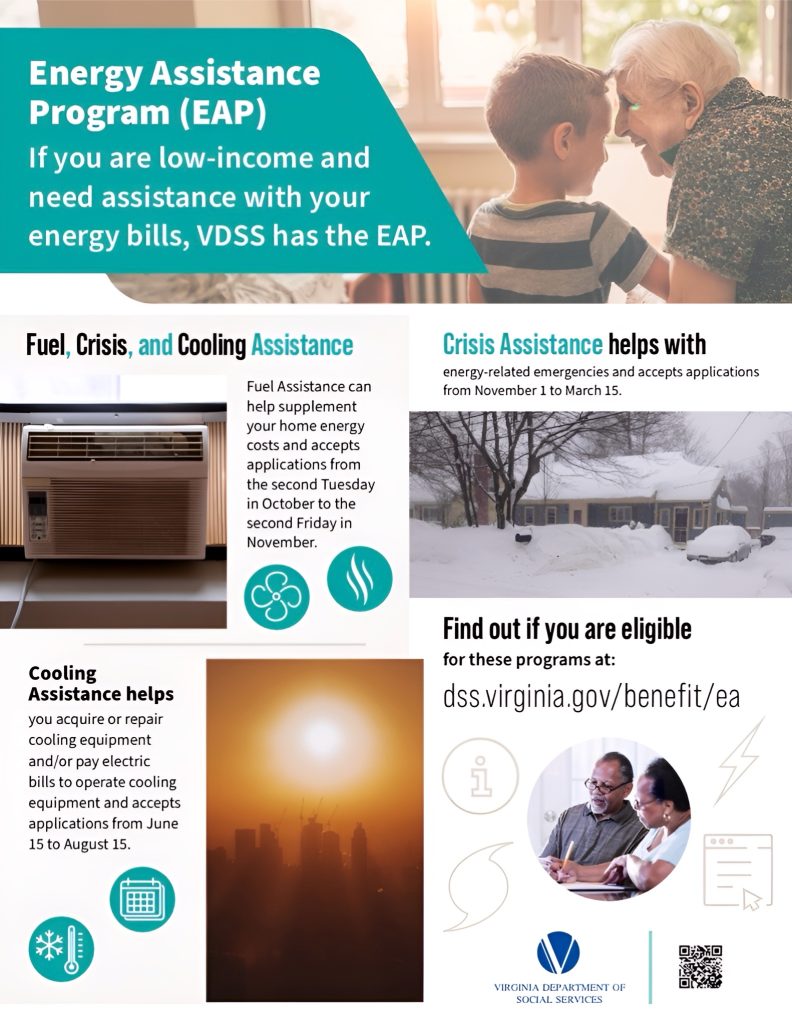




Understanding Symptoms of Multiple Sclerosis (MS)
Multiple sclerosis (MS) is a progressive, immune-mediated disorder. That means the system designed to keep your body healthy mistakenly attacks parts of your body that aren’t harmful. The protective coverings of nerve cells are damaged, which leads to diminished...
Selma Blair Announces She’s in Remission From MS Following Stem Cell Transplant
Actress Selma Blair has revealed that her multiple sclerosis (MS) is now in remission following treatment with a stem cell transplant. Blair, who was first diagnosed with MS in 2018, made the announcement during an appearance at a Television Critics Association panel....
Pediatric Multiple Sclerosis: What You Need to Know
Multiple sclerosis (MS) is an autoimmune disease. The body’s immune system mistakenly attacks a substance that surrounds and protects the nerves in the brain and spinal cord. This substance is called myelin. Myelin allows signals to move quickly and smoothly through...
Real-World Study Shows MS Patients Have High Infection Risks
Outpatient claims and inpatient hospitalizations for infections -- especially urinary and kidney infections -- were higher among people with multiple sclerosis (MS) than controls, a large retrospective study of commercial insurance records showed. MS patients were...
Genetic Factors in Multiple Sclerosis
Although scientists do not fully understand what causes multiple sclerosis (MS), they believe that genetic and environmental factors play a role in the condition’s development. In fact, some research has found that genetics contribute to 54 percent of the risk factors...
The Virginia Energy Assistance Program (EAP) assists low-income households in meeting their immediate home energy needs. The EAP consists of four components: Fuel Assistance, Crisis Assistance, Cooling Assistance and Weatherization Assistance. Click on the flyer for more information.
Our Mission Statement
Provide programs, events, activities and services for people living with MS in Southwest Virginia and the surrounding areas, including veterans.
Educate and empower people with MS, their care partners, friends and family. We will guide people to organizations that may be able to assist with their needs.
Contribute to awareness in the community, including educational programs to young people, first responders and community organizations.
Encourage and expand support groups to include assisted-living facilities, homebound people and help others start upbeat groups like ours.





